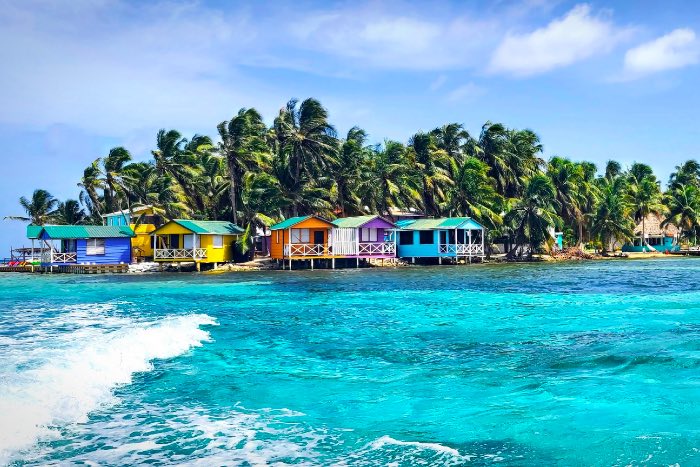
Namibia: Great Cat Conservation
Experience ongoing research projects such as radio tracking, cheetah physiology, ecosystem management, and the design of school and community programs.
Course Overview
Travel to Namibia to engage with our long-term partner and award-winning Dr. Laurie Marker and her team at Cheetah Conservation Fund (CCF)–the global center of cheetah conservation worldwide. In collaboration with the Cincinnati Zoo & Botanical Garden, this course is primarily based at CCF headquarters and explores how conservation organizations can succeed while partnering with local communities to save wildlife. Ongoing research projects at CCF include radio tracking, cheetah physiology, ecosystem management, and the design of school and community programs in Namibia. Discover the power of inquiry to generate knowledge and inspire conservation. All students will have the chance to conduct an inquiry investigation of the local ecosystem, asking their own questions, collecting data, and presenting conclusions. Students may also participate in CCF field research including species behavioral studies, waterhole surveys, and full or new moon game counts.
A typical day on this EE course includes exploration and hiking in the local environment, instructor and student-led discussions of key course topics, presentations, engagement with local community experts, and time for inquiry investigations and journal writing. Prior to and following the field experience in Namibia, students will complete coursework via Canvas, Miami University's learning management system, as they apply experiences at home.
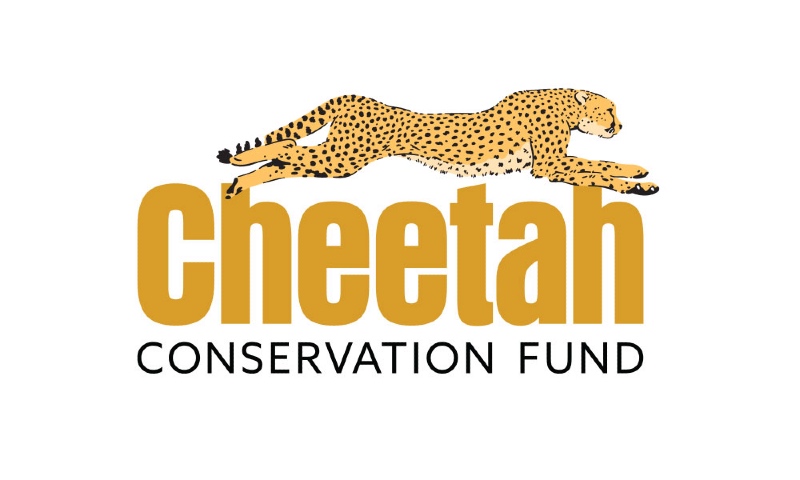 *** If you're interested in Namibia: Great Cat Conservation for Summer 2026, let us know by completing this short form. Note: This is not the EE application/course request form. Visit our Apply webpage for application instructions for the GFP or to take an Earth Expeditions stand-alone course. Current Dragonfly students' summer requests should be submitted using the form sent via email.
*** If you're interested in Namibia: Great Cat Conservation for Summer 2026, let us know by completing this short form. Note: This is not the EE application/course request form. Visit our Apply webpage for application instructions for the GFP or to take an Earth Expeditions stand-alone course. Current Dragonfly students' summer requests should be submitted using the form sent via email.
| Course Components | Details |
|---|---|
| In-Person Travel Dates |
July 13-23, 2026 Arrive at least one day before and depart on last day of course. |
| Full Course Dates |
April to August online. |
| Course-Specific Themes |
-Introduction to the ecosystems of Namibia Cheetah biology, ecology, and conservation. -Ecology of top predators, particularly large cats. -Community-based environmental education and action including understanding wildlife-friendly farming practices. -Curricular development and educational leadership. -Land use and conservancy management. |
| Eligibility |
This course is open to any interested current master's students or can be taken as a standalone course. An undergraduate degree is required. *Miami U. undergraduates with Graduate School permission may also apply. |
| Physical Requirements |
Time in vehicles transiting landscape; some shorter walks around field sites; temperatures range from cool nighttime temperatures to warm (not hot) days. |
| Lodging |
Sharing dorm-style rooms with 4 to 6 per room; a short walk to shared bathrooms; one night of camping (two per tent - though many spend much of the night staying up at the waterhole watching for animals). |
| Course Credits |
5 master's graduate credits or 7 CEUs (continuing education credits) can be earned. |
| Course Costs* |
There are two options to take this course: 1) Earn 5 graduate credits: $1300 program fee + $2275 for 5 credits tuition ($455 x 5 credits) + $175 Miami’s global programs fee = $3750 2) Earn 7 CEUs (Continuing Education Credits): $1300 + $400 instructional cost = $1700 All participants cover their own transport to Windhoek, Namibia (airport code: WDH) |
*Includes meals, water (extra snacks and drinks not included), lodging, activities (optional activities not included), course transportation, and park entrance fees. For additional information, go to our Program Costs page.
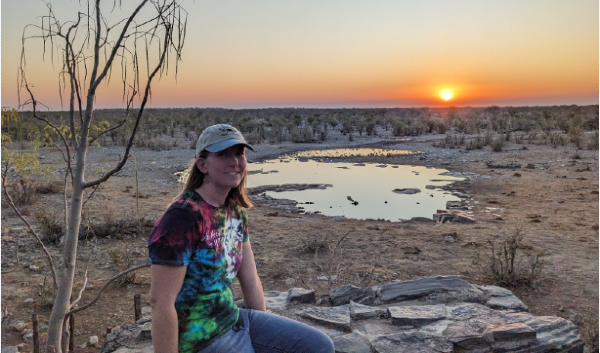
Namibia
Project Dragonfly applauds our 16-year partnership with CCF!
Project Dragonfly teams up with the Cheetah Conservation Fund (CCF) to offer our Earth Expeditions Namibia course. In 2020, CCF celebrated their 30-year anniversary and Dragonfly was honored with the Distinguished Conservation Award for our work together.
Check out this short “thank you” video (<6-minutes) to learn more about CCF and how students are positively impacted by this Dragonfly course.
Planned Sites
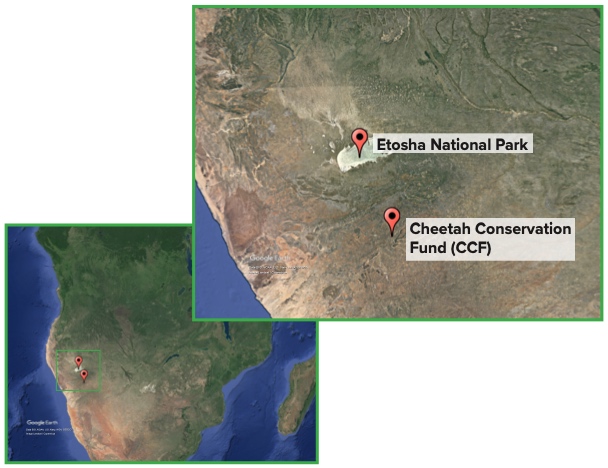 Cheetah Conservation Fund (CCF)
Cheetah Conservation Fund (CCF)
Most of the course will take place at or around the Cheetah Conservation Fund headquarters located in the bushveld ecosystem of North Central Namibia — in the heart of cheetah territory. Under the leadership of Dr. Laurie Marker, CCF maintains a modern Research Center housing research facilities and a veterinary clinic, an Education Center, and a Visitor’s Center.
Etosha National Park
We will visit Etosha National Park, one of the world’s greatest wildlife-viewing locations, home to elephants, giraffes, zebras, springboks, elands, hyenas, lions, cheetahs, leopards, ostriches, and many other species.
(Course locations are subject to change.)
Namibia Course Photos
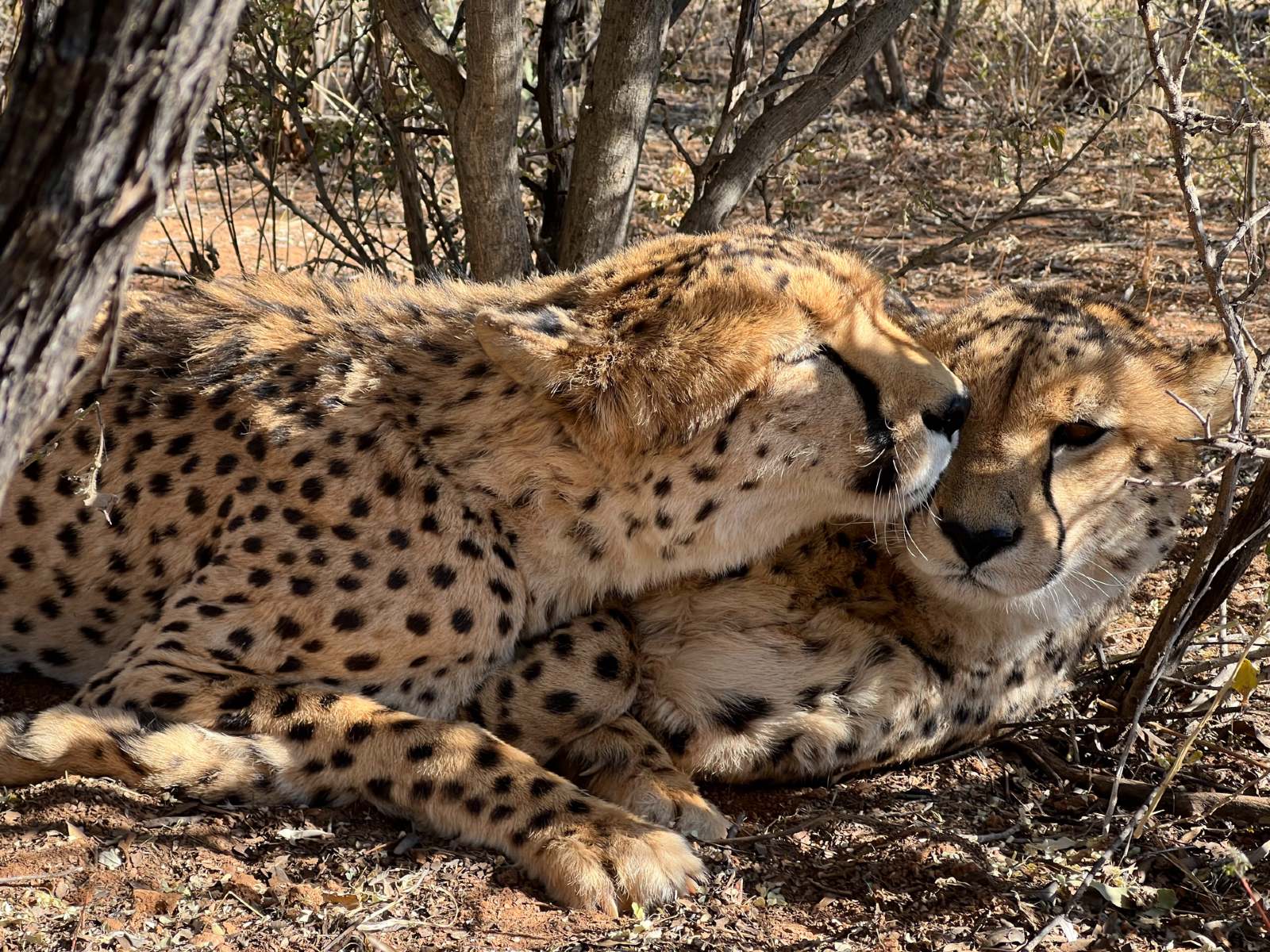
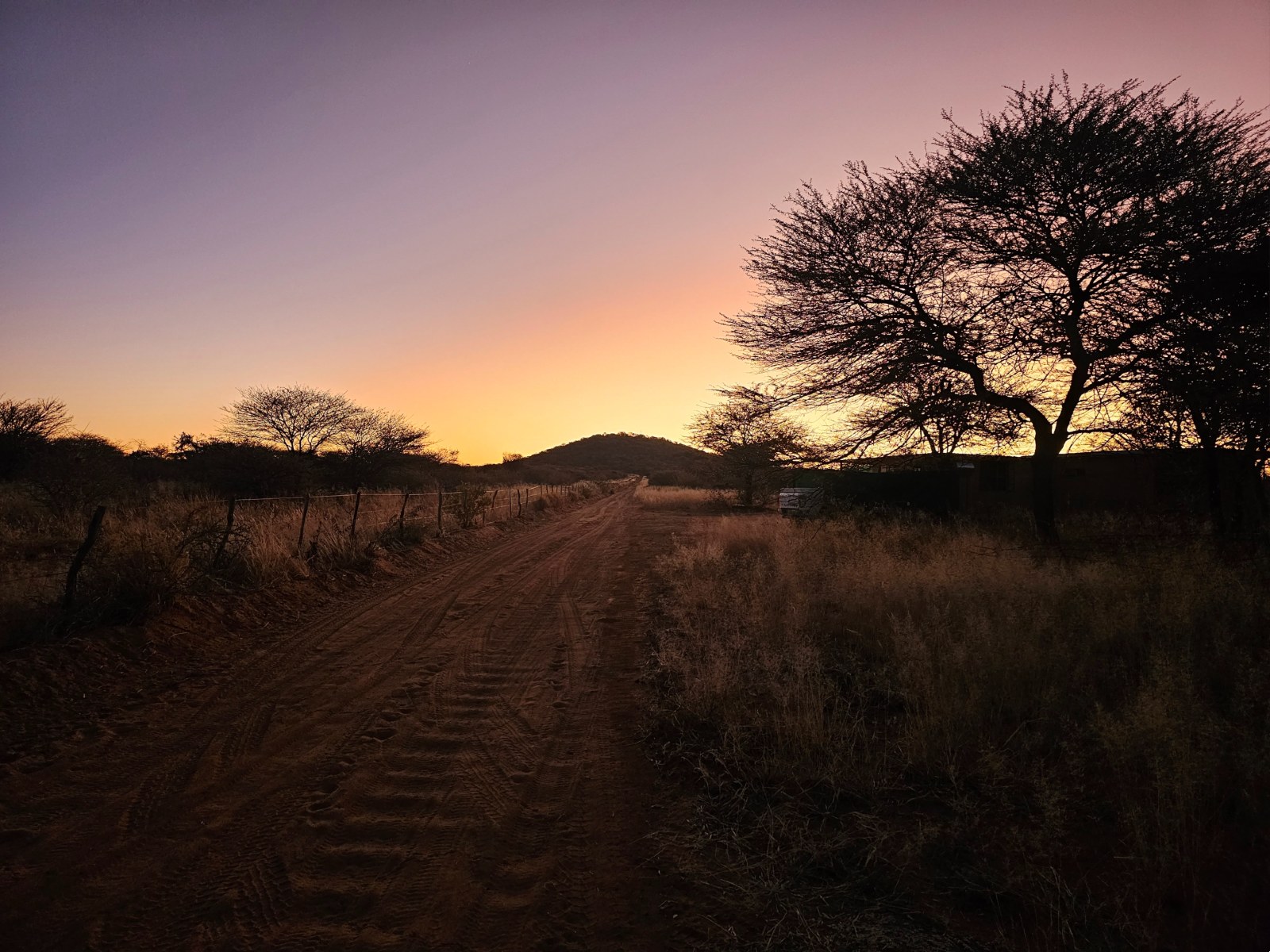

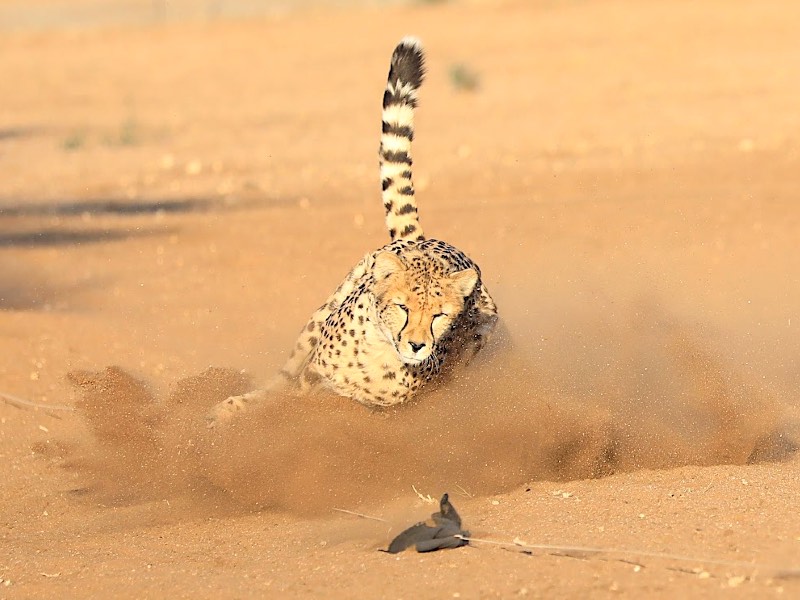
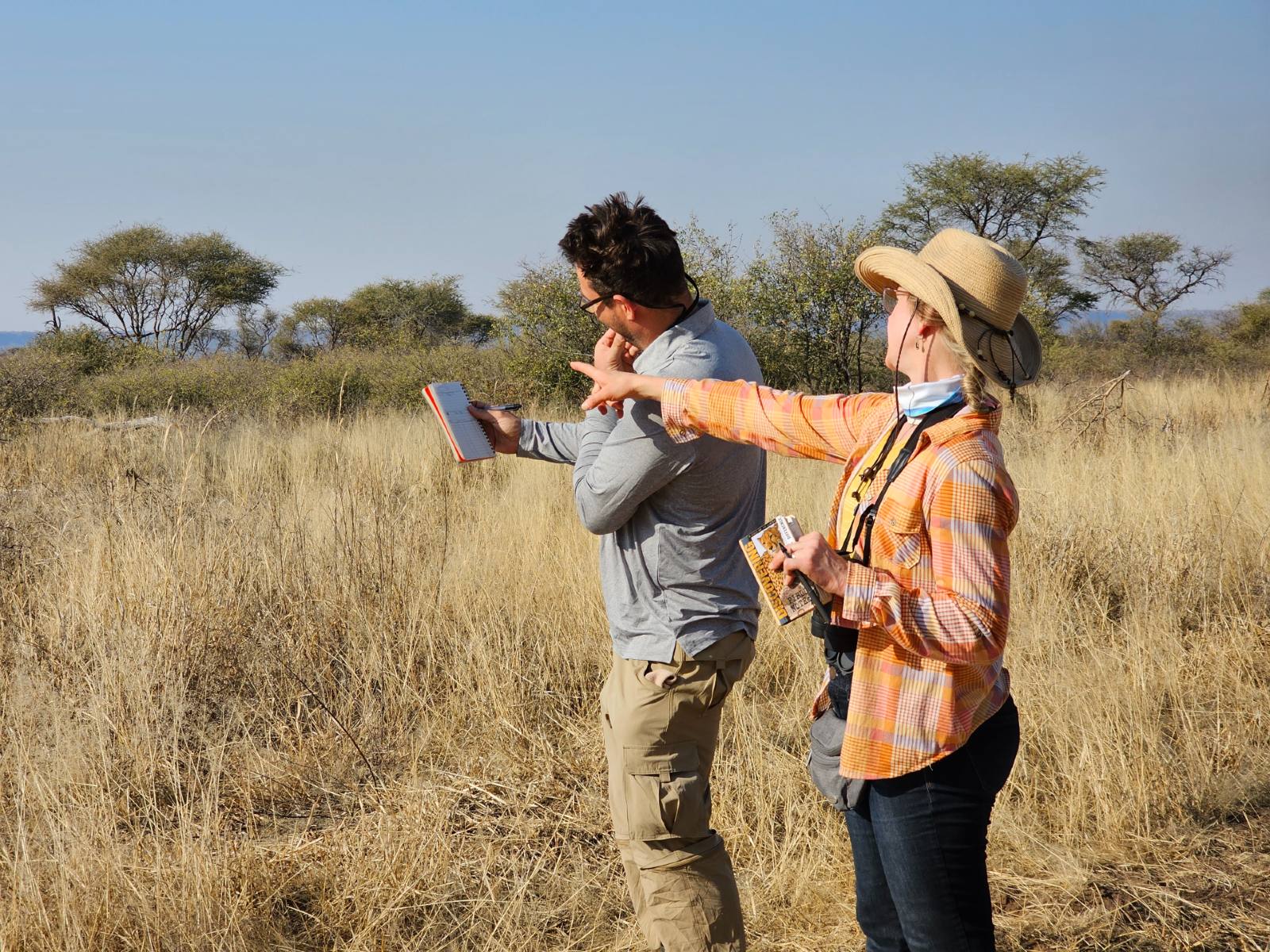
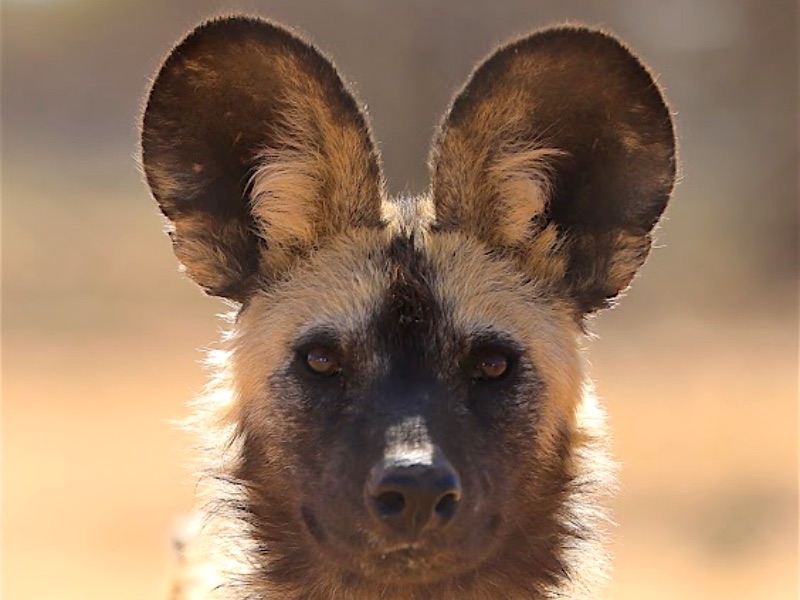
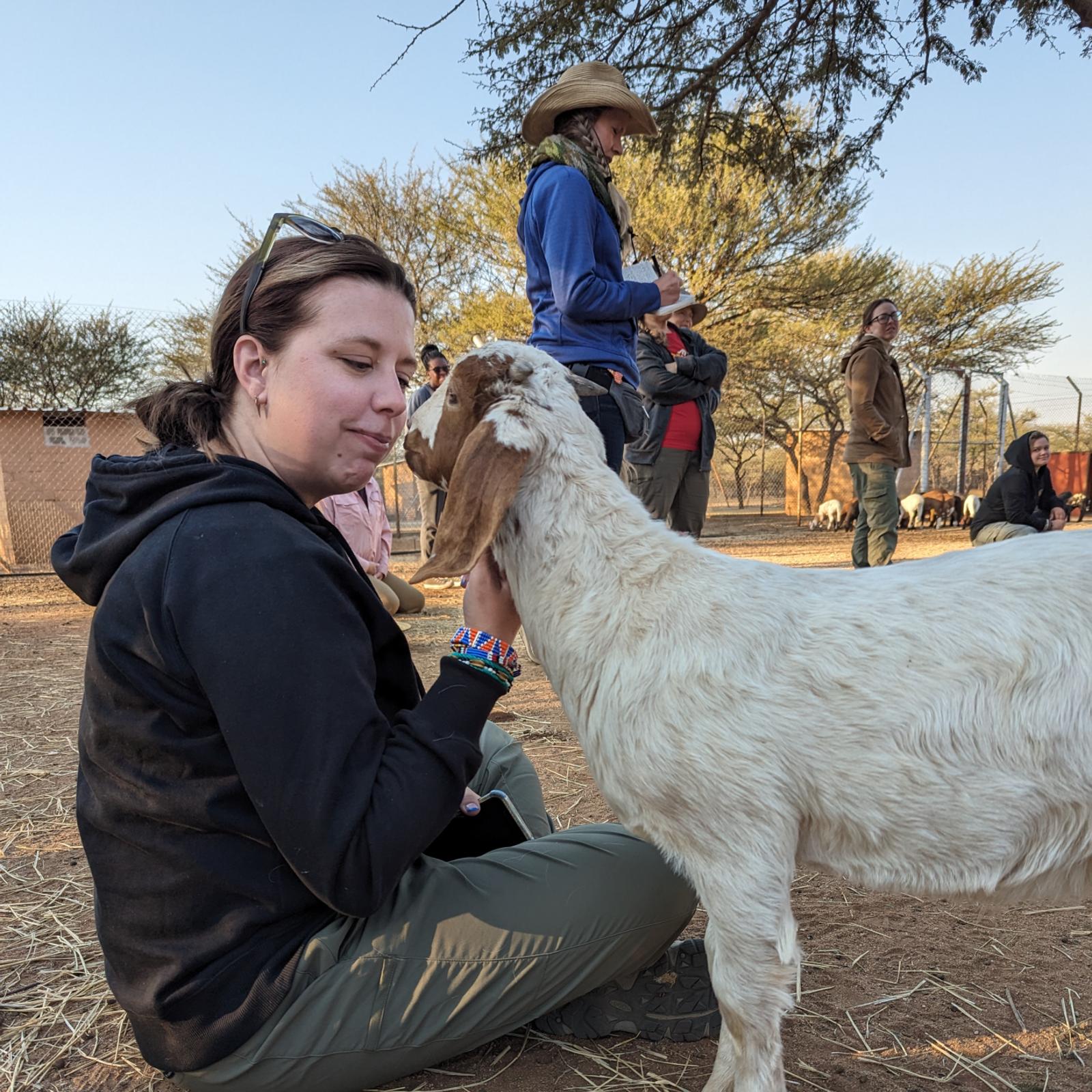
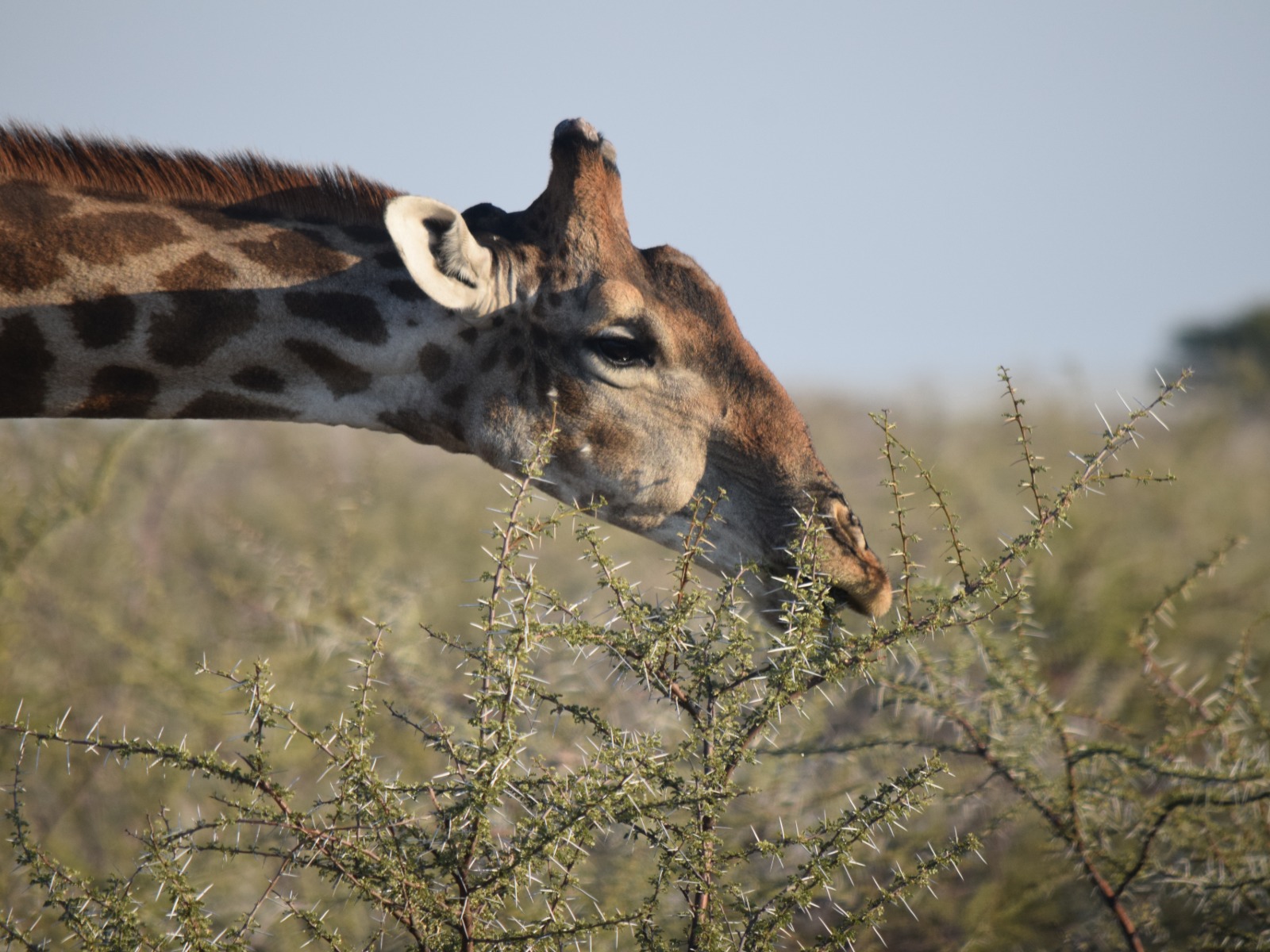
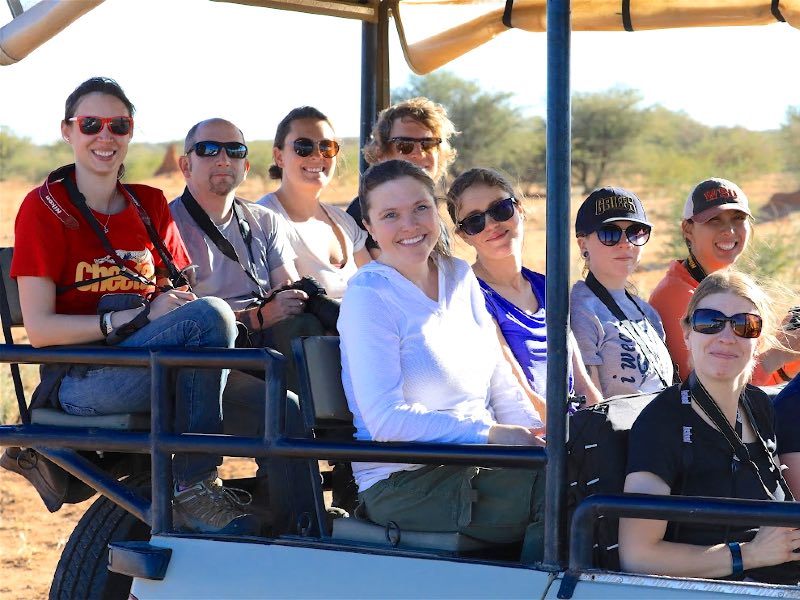
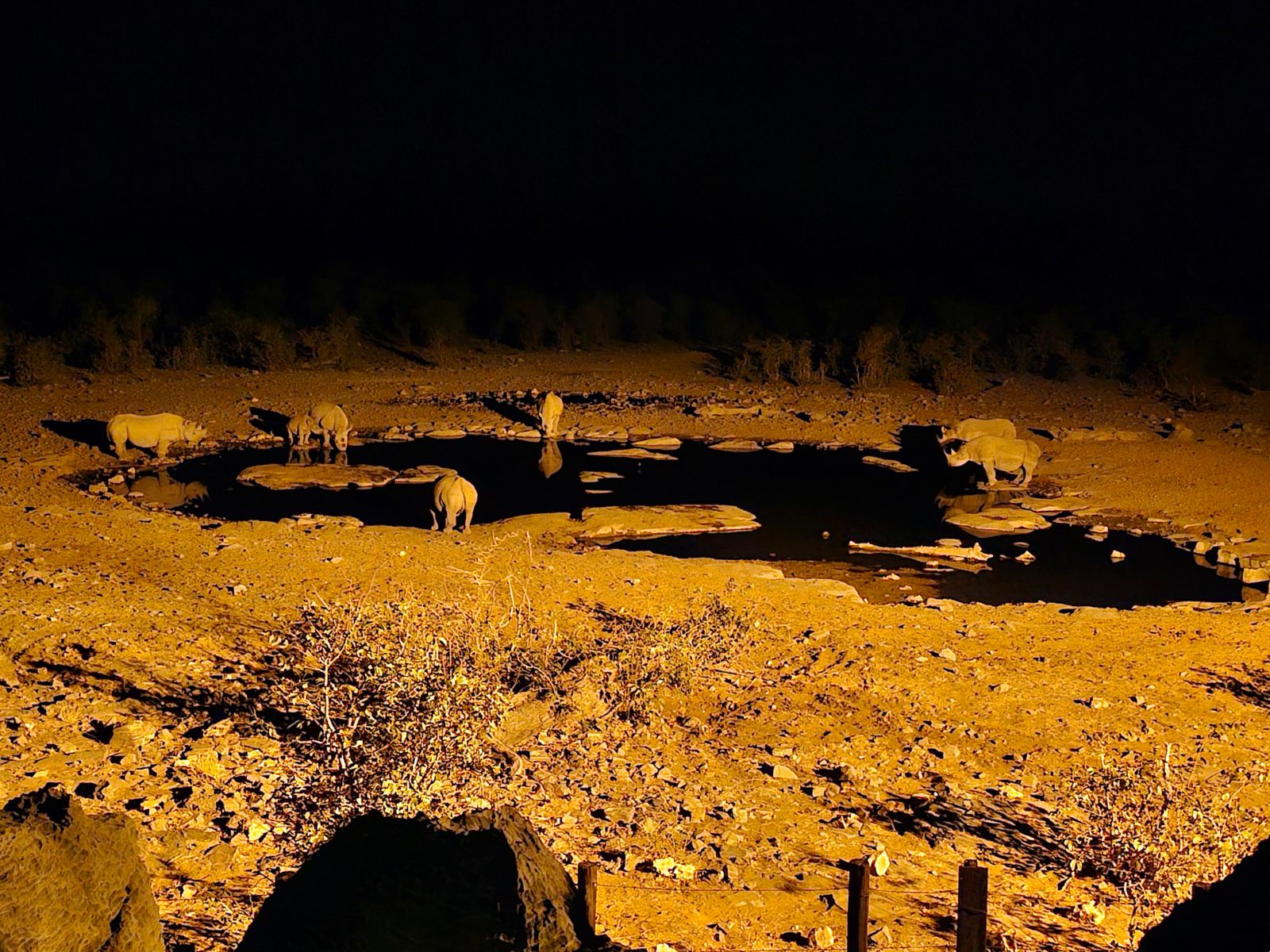
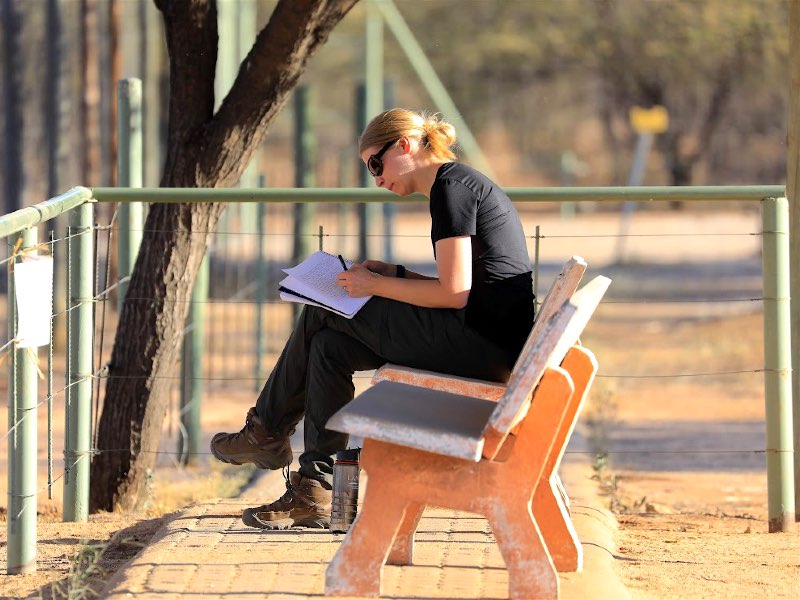
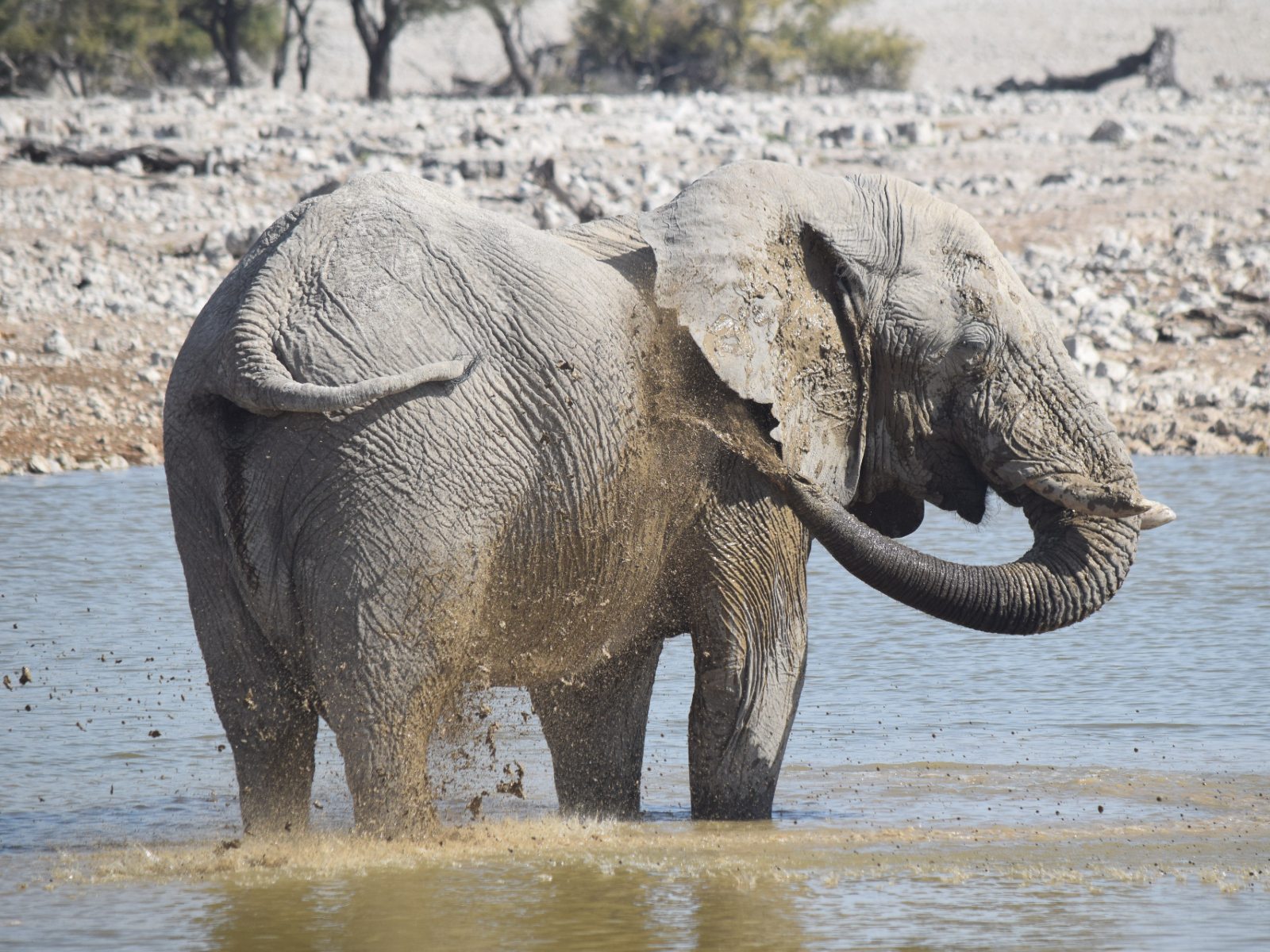
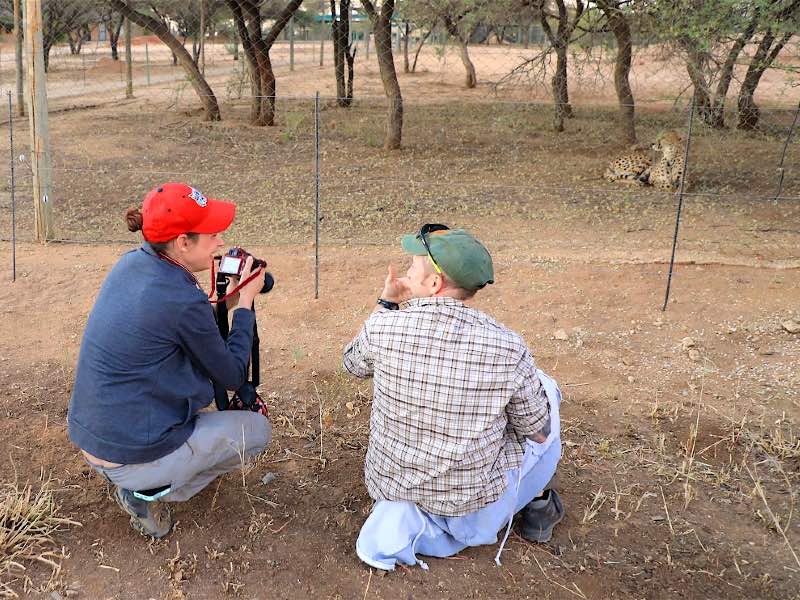
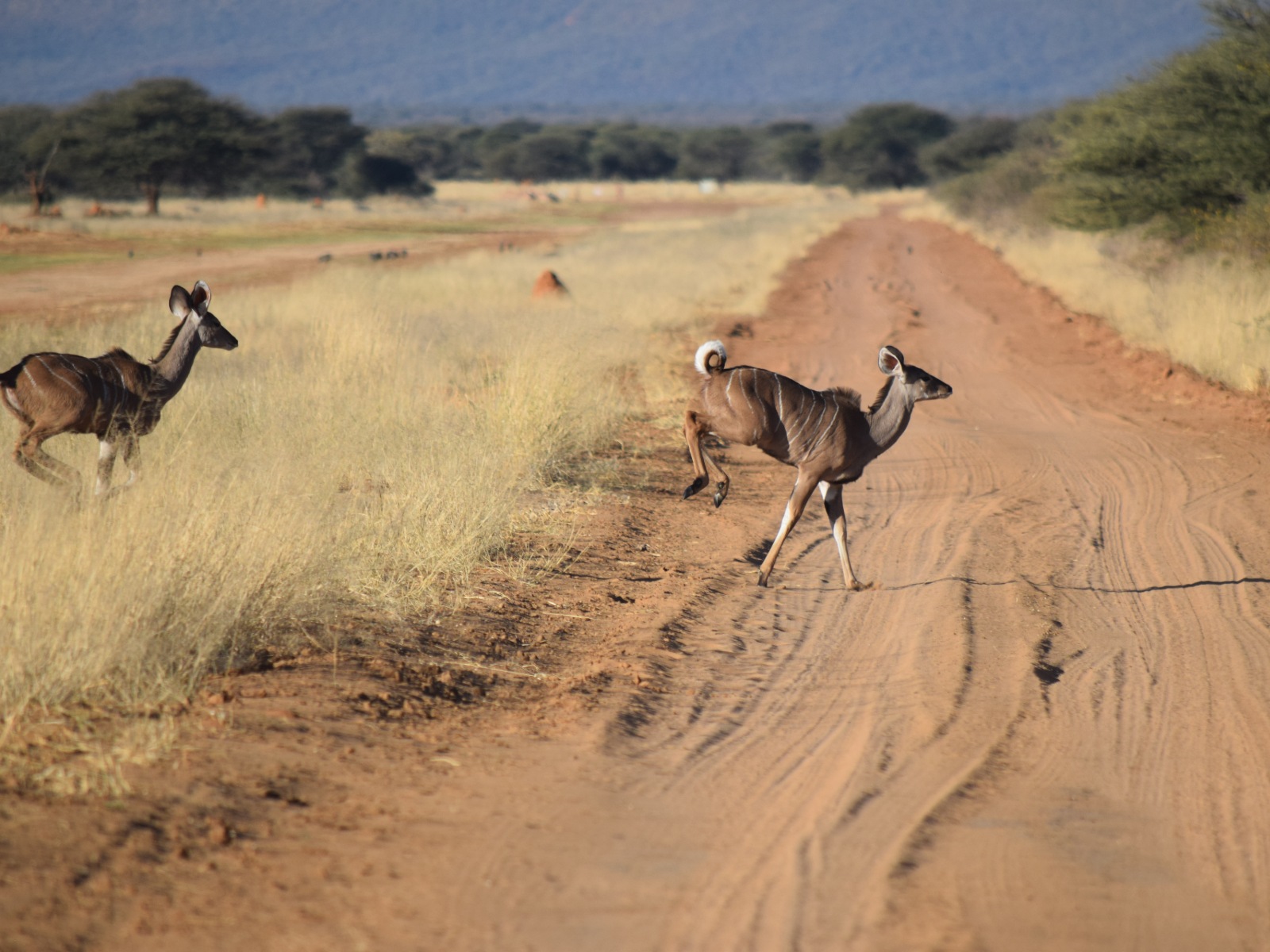

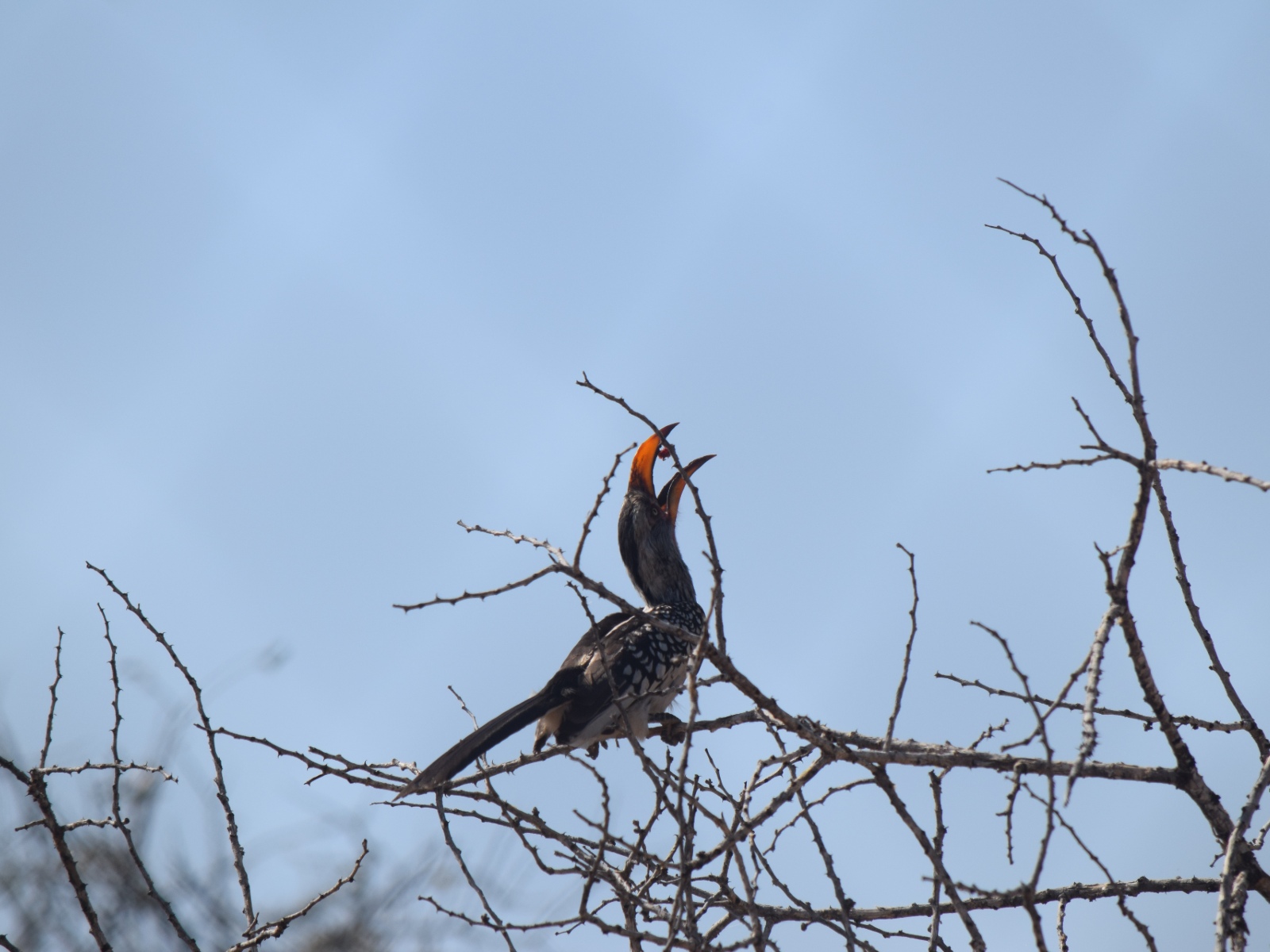
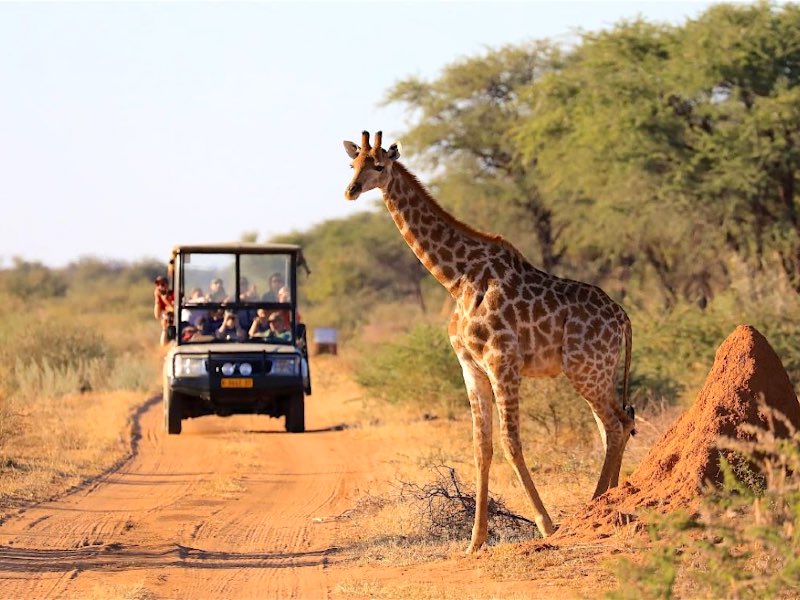
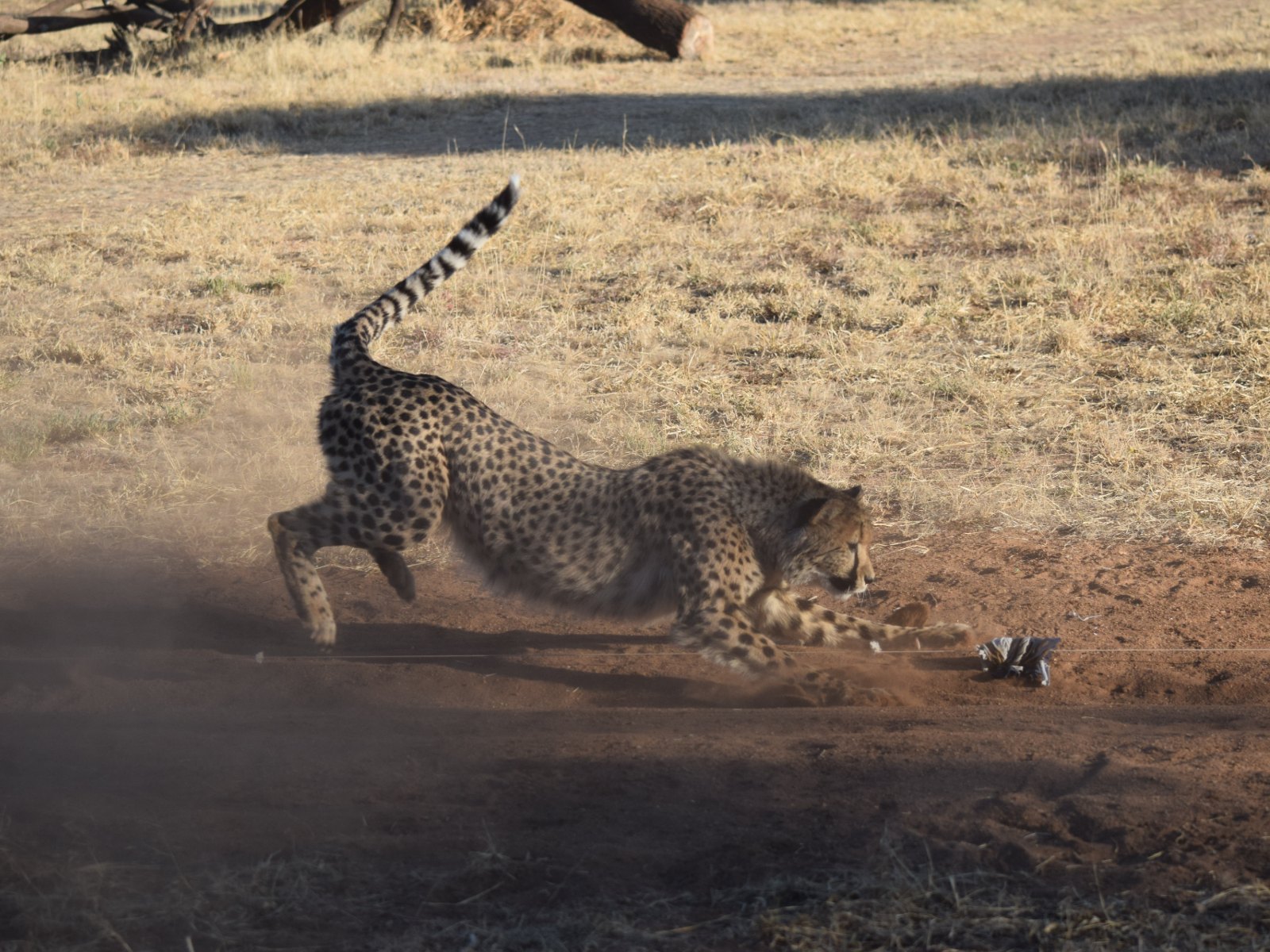
Inside Earth Expeditions
Recorded September 17, 2025, covering Namibia, Borneo, and Thailand.
Want to know more about Dragonfly's global+web-based Earth Expeditions courses? Please view a recording from one of our 2025-26 Inside Earth Expeditions sessions, where we share the inside scoop on our EE course locations, partners, and activities. These sessions are perfect for current AIP and GFP students, prospective GFP students, and those interested in taking an EE as an individual course. Each session was led by an experienced member of our instructional team.
Questions?
Check out another EE!
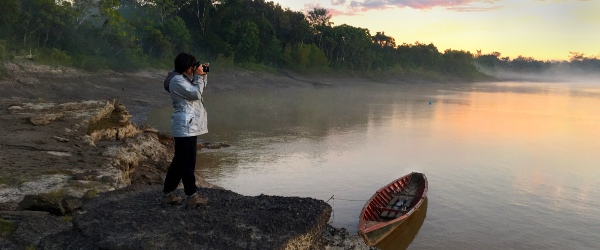
Amazon: Avian & Tropical Ecology
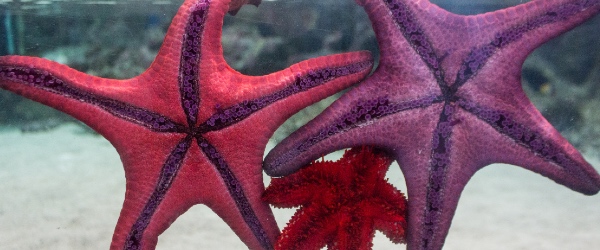
Australia: Great Barrier Reef
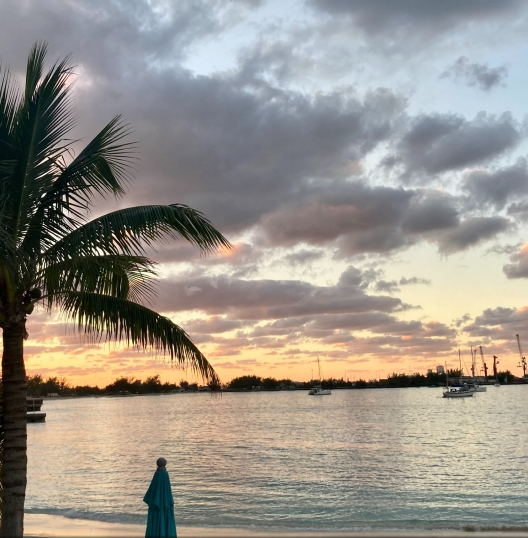
The Bahamas: Cultivating Conservation Networks
Snorkel in biodiverse marine protected areas, explore unique national parks, and gain an understanding of community-driven initiatives by talking directly with local experts at the forefront of conservation.
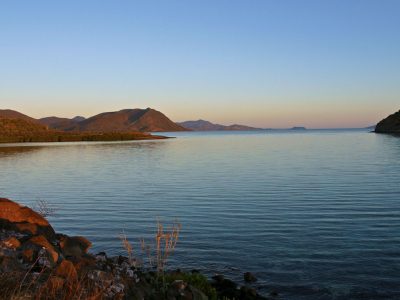
Baja: Field Methods

Belize: Approaches to Environmental Stewardship
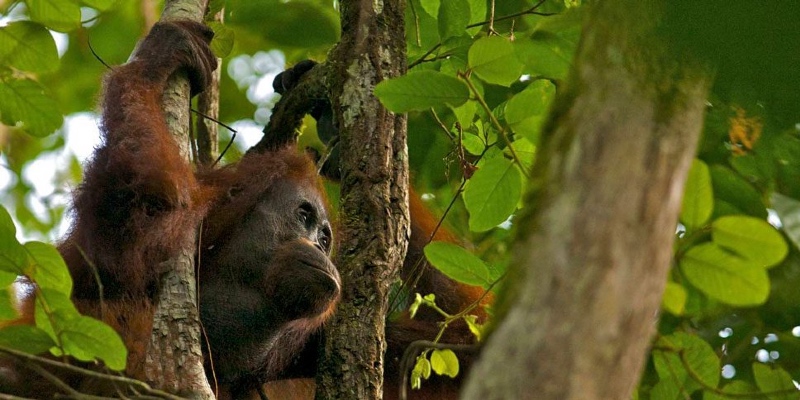
Borneo: Primate Conservation
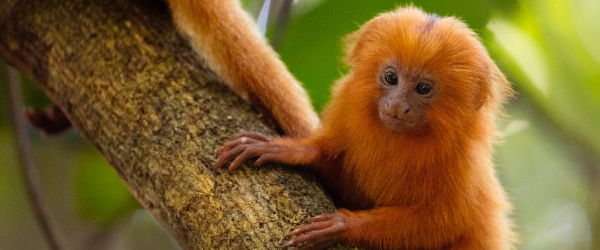
Brazil: Saving Golden Lion Tamarins
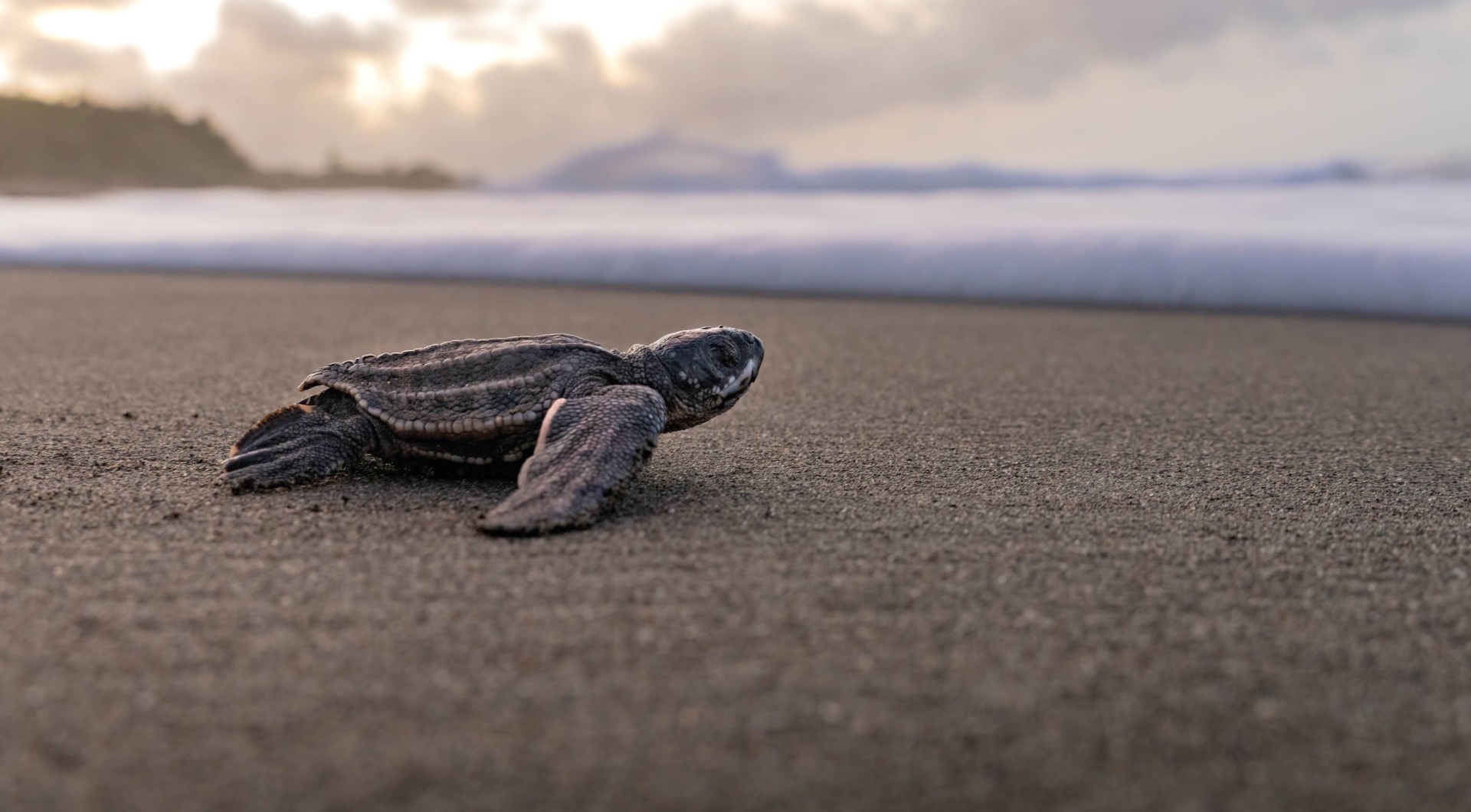
Costa Rica: Ecology & Ecotourism
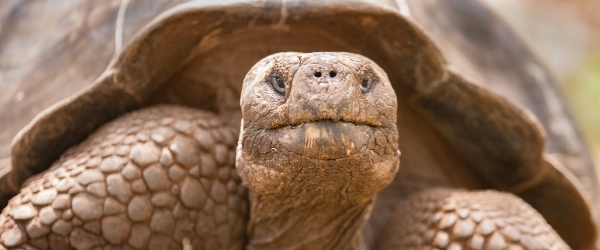
Galápagos: Islands of Change
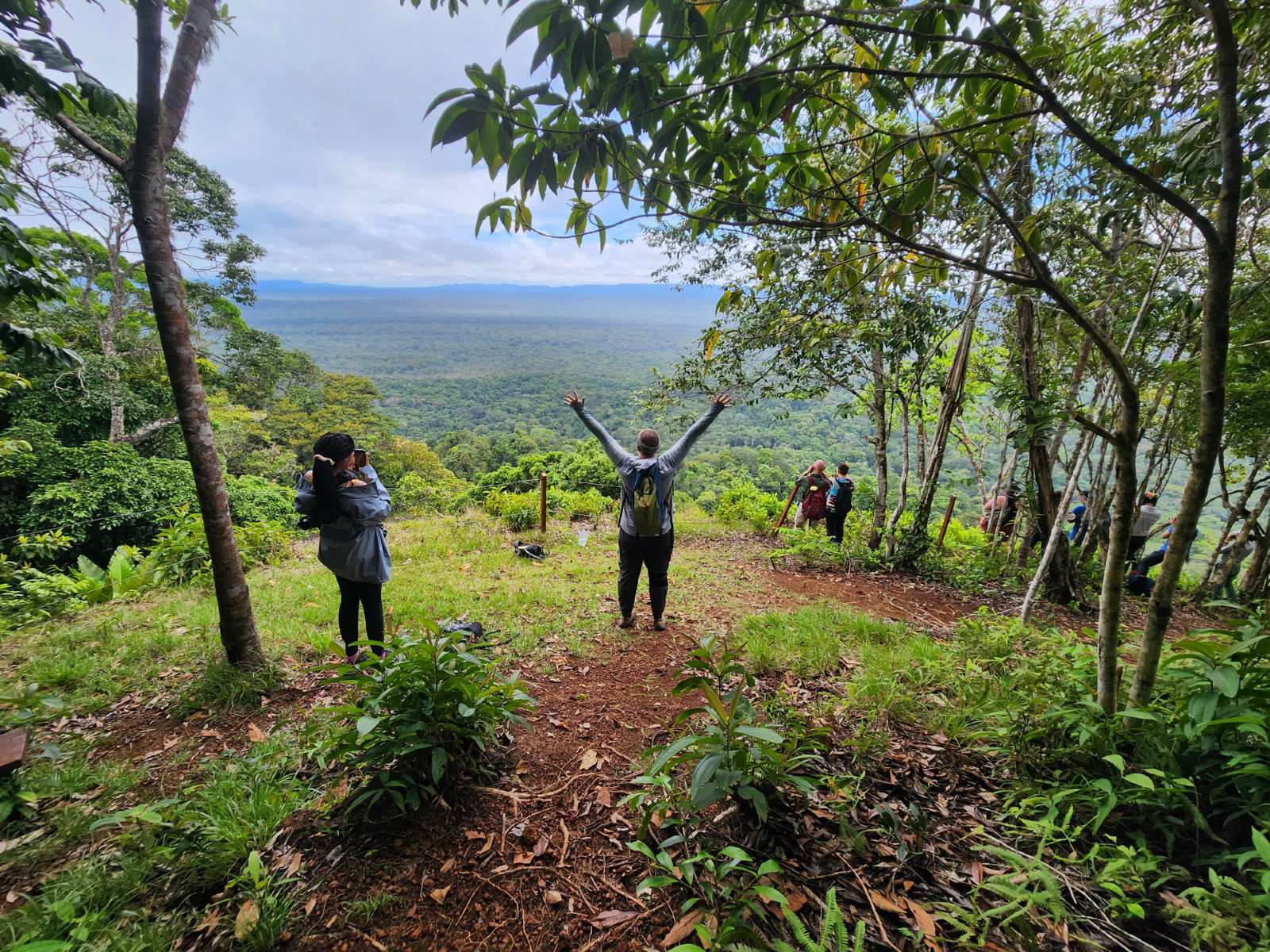
Guyana: Local Wisdom & Conservation
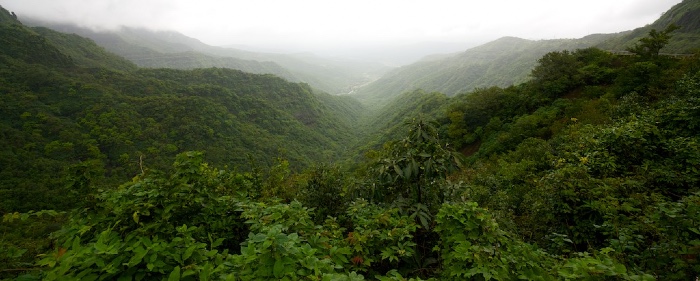
India: Species, Deities & Communities
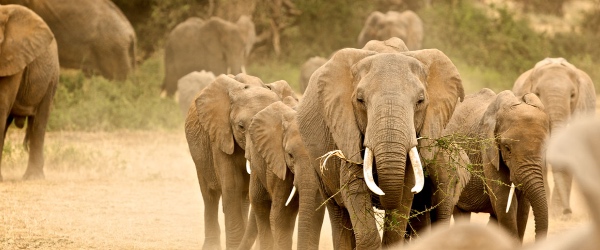
Kenya: Wildlife & People in Integrated Landscapes
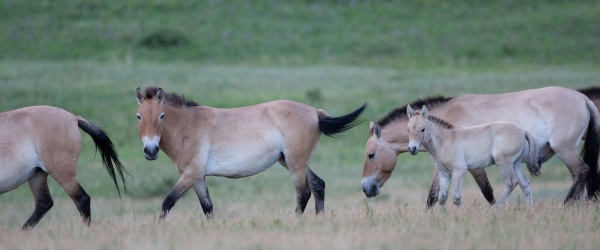
Mongolia: Steppe Ecology & Civic Media

Namibia: Great Cat Conservation
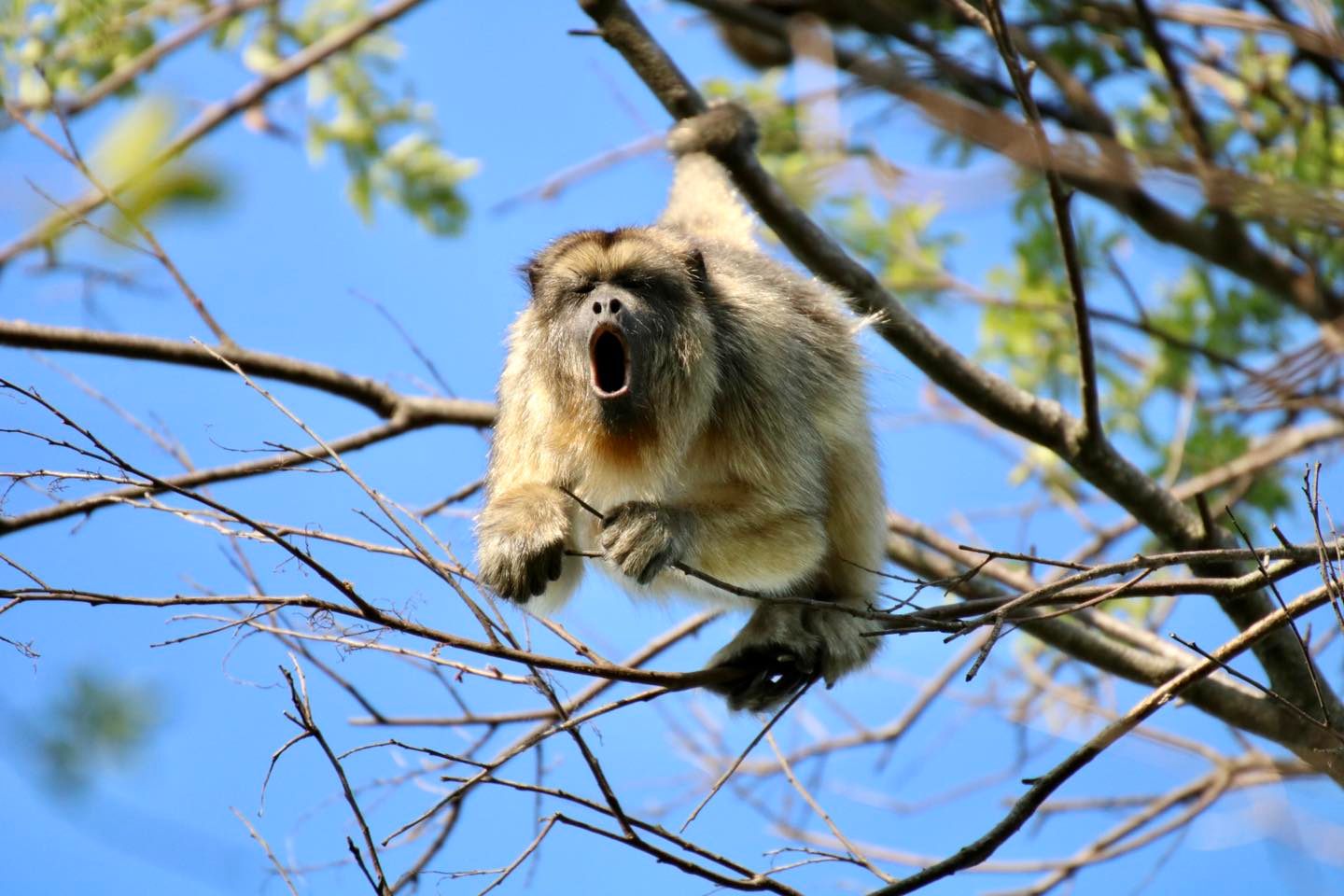
Paraguay: Eco-Leadership

Rocky Mountains: Fire, Resilience & Urban Wildlands
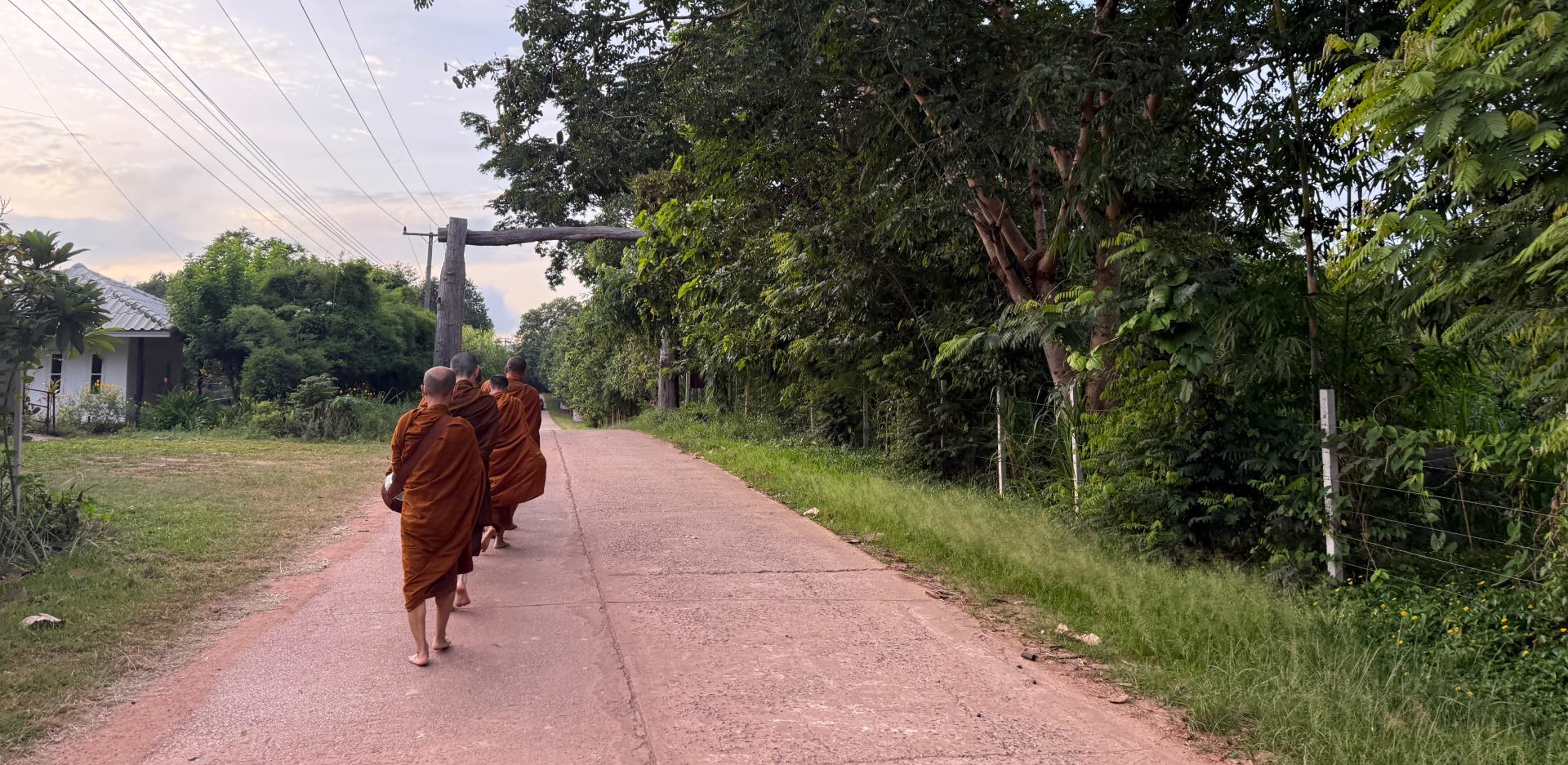
Thailand: Buddhism & Conservation
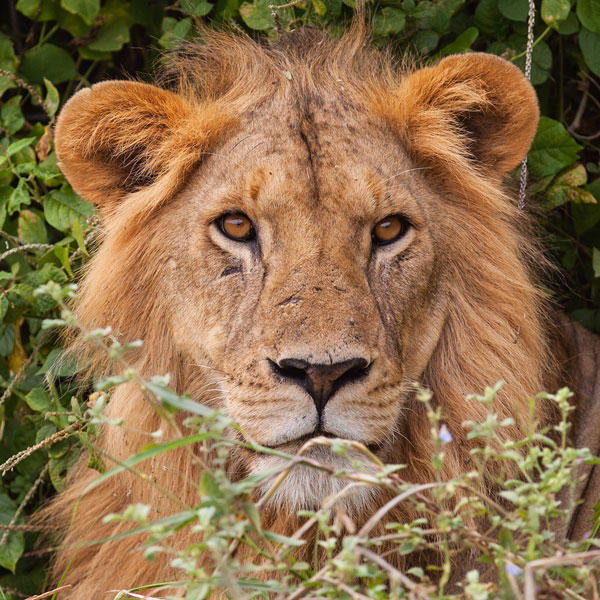
FAQs
